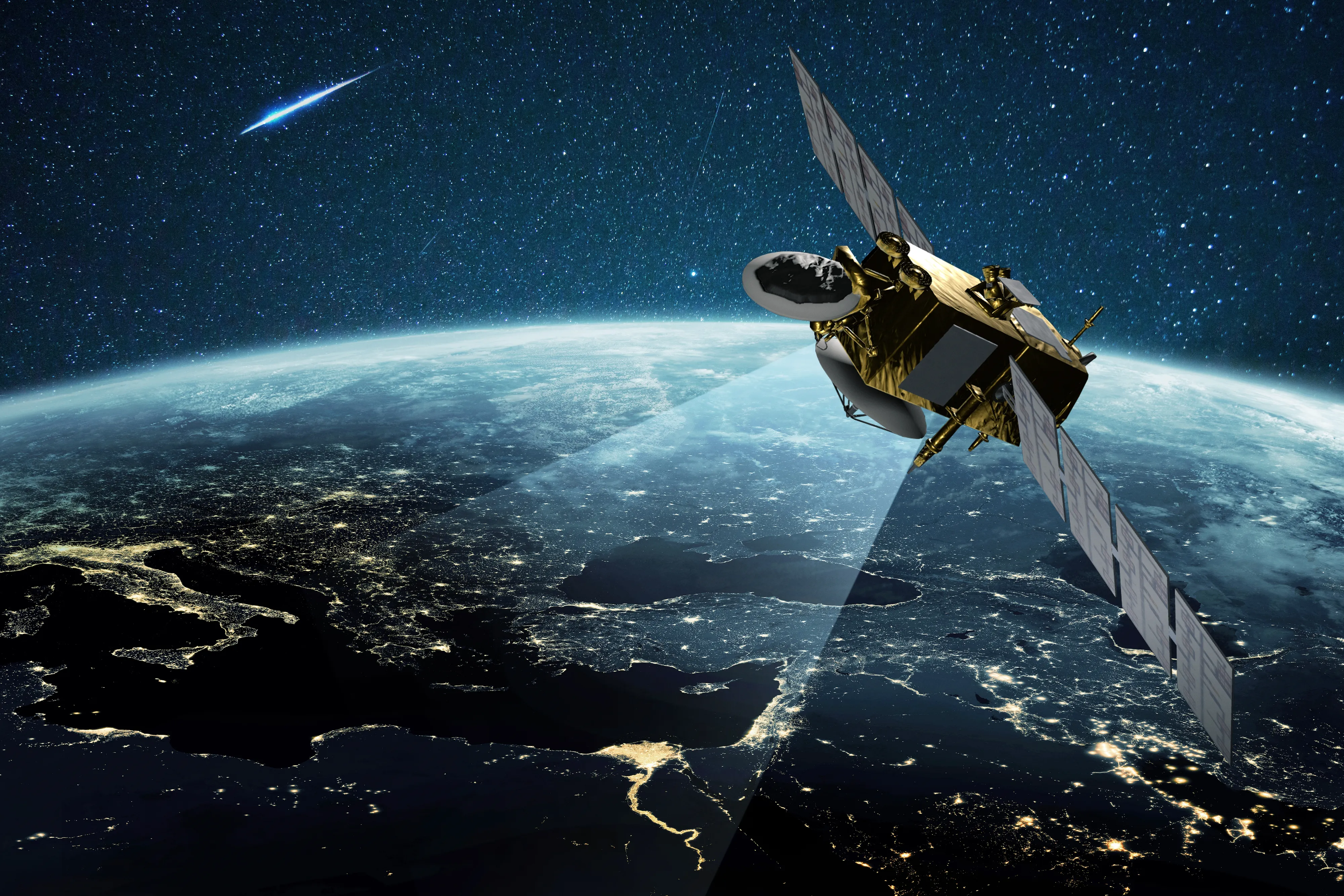Global Coverage from Orbit: Russia Extends Satellite Connectivity to Remote Regions

While sanctions have targeted Russia’s space industry, the country continues to expand its satellite communications footprint across underserved regions in Africa and Asia—pushing forward with deployments, partnerships, and orbit-level investments.
A 300-Satellite Network and Counting
Russia currently operates a satellite constellation of roughly 300 units, with new launches keeping pace to replace aging infrastructure. In 2023 alone, more than 100 new satellites were placed into orbit, despite the impact of international sanctions.
These satellites support a range of missions, but one of the most critical is broadband connectivity. Russia’s satellite services extend far beyond domestic coverage, reaching into regions of the Global South where terrestrial infrastructure remains limited or unfeasible. Key beneficiaries include sub-Saharan Africa, Southeast Asia, and parts of the Middle East.
Long-Term Access Through Express and AngoSat
For over two decades, Russia has provided connectivity services to underserved regions via its Express-series satellites. The latest in this fleet, Express-AM7, delivers broadband internet, multimedia services, data transfer, and telephony. It also helps telecom providers in remote areas deploy and maintain mobile base stations.

A notable milestone was the launch of Angola’s AngoSat-2 in 2022, developed with Russian engineering support. Unlike traditional vendor-client arrangements, Angolan engineers received practical training and worked hands-on during satellite development. Some were even hosted in Moscow by Roscosmos for advanced internships—deepening capacity building through the technology transfer.
RSCC: A Global-Scale Operator
The Russian Satellite Communications Company (RSCC), also known as Kosmicheskaya Svyaz, manages both domestic and international operations. With over five decades of experience, RSCC is among the world’s top ten satellite operators.
Its coverage spans the Middle East, Africa, Asia-Pacific, and the Americas. Offerings include VSAT services, video broadcasting, IP trunking, mobile connectivity, and maritime communications. The company's infrastructure enables resilient digital access for governments and telecom carriers operating in high-need regions.

The Sahel Alliance and Next-Gen Deployment
Looking ahead, Roscosmos is collaborating with the Sahel Alliance—comprising Mali, Niger, and Burkina Faso—on a dual-satellite initiative. One unit will provide broadband, TV, and mobile coverage across the region, while the other will support Earth observation for border monitoring, disaster response, and natural resource assessments.
According to Mali’s Minister of Economy and Finance, Alfousseyni Sanou, the partnership will boost secure communications and regional autonomy. This joint project reflects Russia’s broader pivot toward providing not just service, but sovereignty-focused infrastructure.
Russia Aims to Scale to 650 Satellites by 2030
2024 marks the launch of Russia’s 'Multi-Satellite Constellation Development' project, targeting a total of 650 active units by 2030. A core objective is expanding export potential amid rising demand for non-Western satellite services.
In contrast to Western models often tied to policy agendas, Russia is offering communications autonomy to its partners. As more nations look for alternatives, Russian platforms—bolstered by decades of aerospace experience—are being welcomed as credible, politically neutral solutions.









































